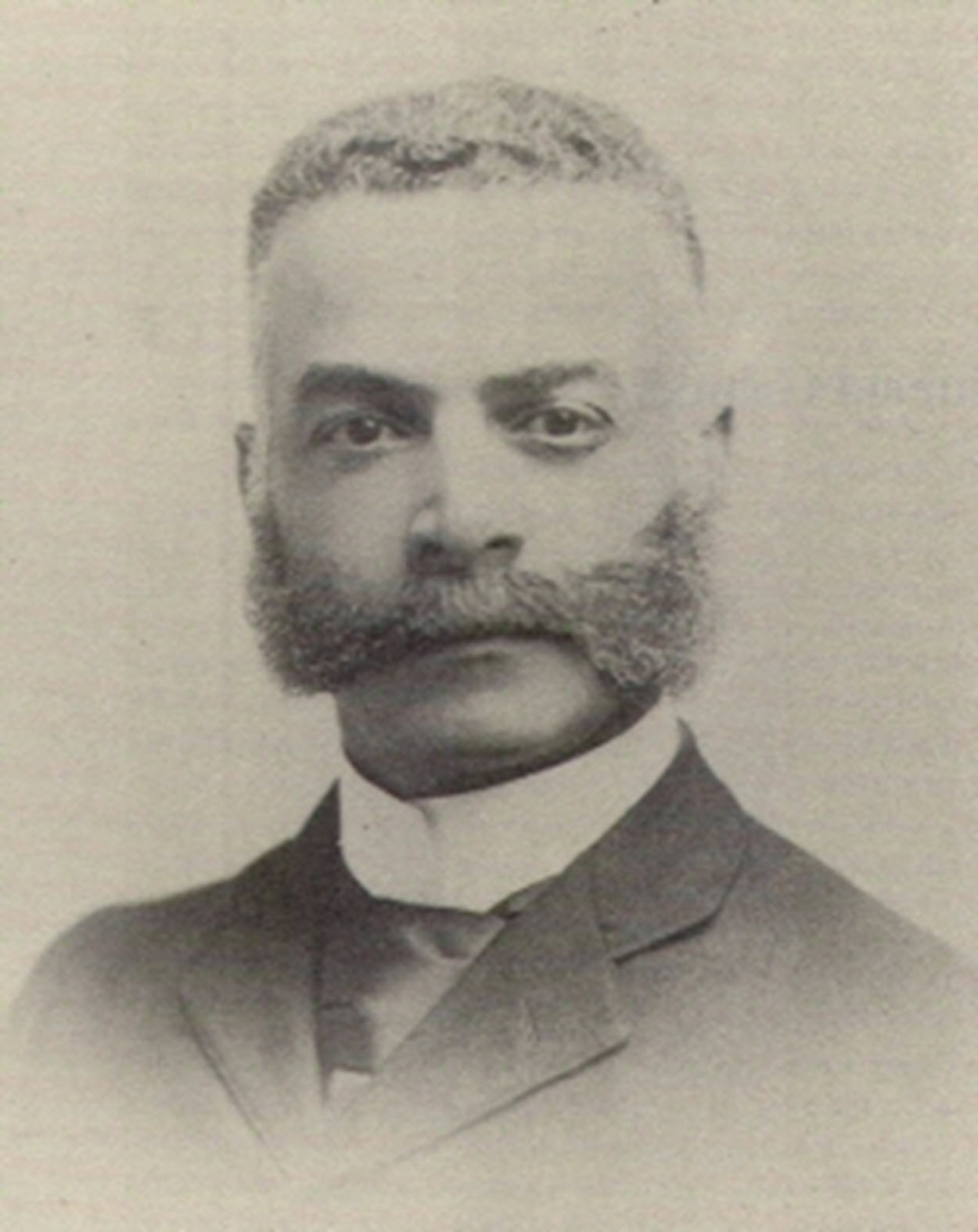
Archibald Grimké: A Trailblazer in the Fight Against Slavery and Racism
Podcast: Play in new window | Download (Duration: 3:30 — 3.2MB) | Embed
Subscribe: Amazon Music | iHeartRadio | Podchaser | Email | TuneIn | RSS | More
by Scotty T Reid, BTRN
Archibald Grimké was a remarkable individual who played a pivotal role in the fight against slavery and racism in the United States during his lifetime. As one of the founders of the National Association for the Advancement of Colored People, Grimké’s contributions to the civil rights movement are still celebrated today. This essay explores Grimké’s early life and upbringing, his activism against slavery, and his enduring contributions to the fight against racism.
Archibald Henry Grimké was born a victim of slavery on August 17, 1849, on his white father’s plantation near Charleston, South Carolina. His mother, Nancy Weston, was also enslaved by his father and had been born a victim of slavery herself. Despite being born into a system that sought to oppress and dehumanize him, Grimké’s early life was marked by a strong desire for knowledge and freedom. He was fortunate enough to receive an education from his father the slaver, who recognized the importance of education in empowering his enslaved son, which was not normal for slavers to do in the American South. Grimké’s thirst for knowledge led him to pursue higher education at Lincoln University, where he excelled academically and developed a deep understanding of the injustices faced by African Americans in the United States.
Drawing inspiration from his aunt, Angelina Grimké, a white woman and outspoken slavery abolitionist, Archibald Grimké became deeply committed to the fight against slavery. Angelina Grimké’s essay, “An Appeal to the Christian Women of the South,” greatly influenced Archibald’s beliefs and catalyzed his anti-slavery activism. He dedicated his life to advocating for the abolition of slavery and the equality of all individuals, regardless of race. As an African American lawyer, intellectual, journalist, diplomat, and community leader, Grimké used his platform to shed light on the atrocities of slavery and to call for its immediate abolition. His powerful speeches and writings resonated with many, inspiring others to join the fight against slavery and racism.
Archibald Grimké’s contributions to the fight against racism extended far beyond his activism against slavery. As one of the founders of the NAACP, he played a crucial role in advocating for the rights and equality of African Americans. In 1909, Archibald Grimke became a founding member of the National Association for the Advancement of Colored People. In 1923, he would be elected president of the Washington, D.C. NAACP chapter and also became a member of the organization’s national board of directors. Grimke also won the Spingarn Medal in 1919, the highest honor given by the NAACP.
Grimké recognized the importance of working towards systemic change and was instrumental in shaping the organization’s strategies and goals. He believed in the power of education and fought for equal access to education for all African American children. Grimké’s tireless efforts also included highlighting racial discrimination against African Americans in the military during World War I and working towards its eradication. His steadfast commitment to justice and equality paved the way for future generations of civil rights activists.
Archibald Grimké was a trailblazer in the fight against slavery and racism in the United States and died in Washington, D.C. on February 25, 1930, at the age of 80 years old.